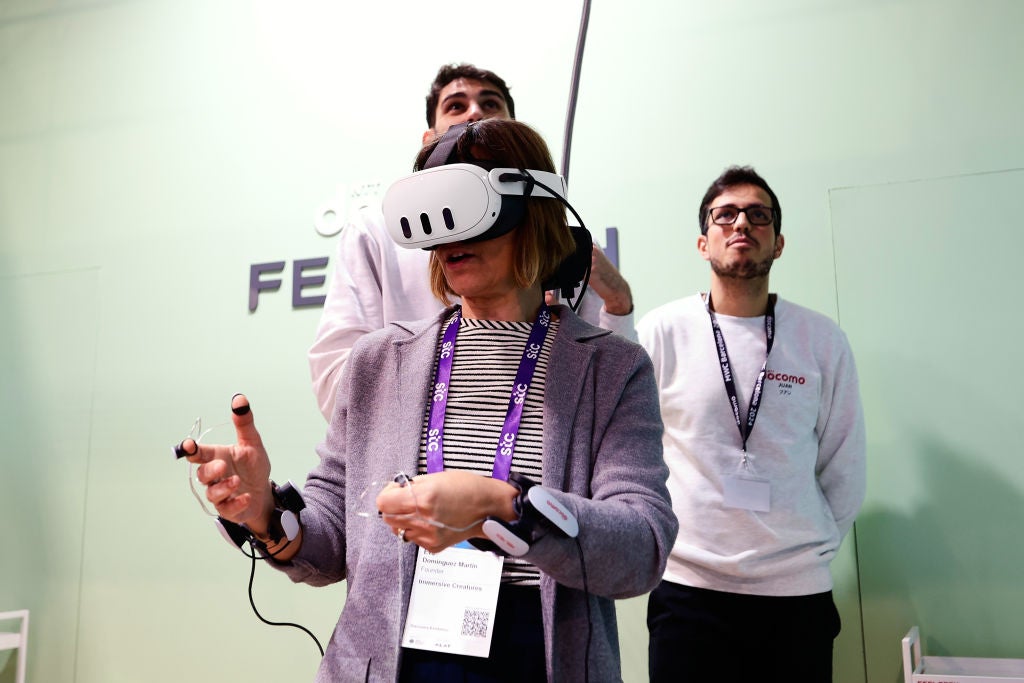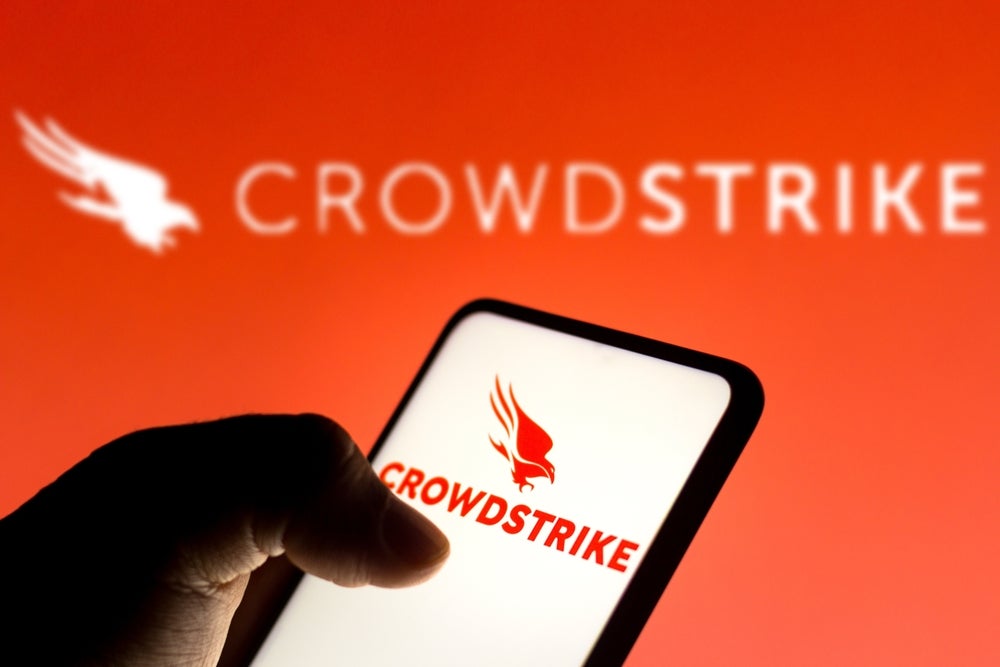
Meta is opening up its VR headset operating system to other leading hardware makers, in a move which highlights CEO Mark Zuckerberg’s ambition to lead the VR and mixed reality (MR) market.
The move mirrors Google’s success in the smartphone market when it made its mobile OS Android open source in 2007.
In a blog post on Monday (22 April), Meta said technology companies will be able to build their own headsets on its VR operating system. Microsoft, Lenovo and Asus have already been announced as partners.
Meta said its rebranded operating system, Horizon OS, was the result of a decade of work by the company to build a “next-generation computing platform.”
The system includes Meta-developed technologies such as inside-out tracking, which allows movement to be tracked without the need for external tracking cameras.
“To pioneer standalone headsets, we developed technologies like inside-out tracking, and for more natural interaction systems and social presence, we developed eye, face, hand, and body tracking,” Meta added.
How well do you really know your competitors?
Access the most comprehensive Company Profiles on the market, powered by GlobalData. Save hours of research. Gain competitive edge.

Thank you!
Your download email will arrive shortly
Not ready to buy yet? Download a free sample
We are confident about the unique quality of our Company Profiles. However, we want you to make the most beneficial decision for your business, so we offer a free sample that you can download by submitting the below form
By GlobalDataMeta said Asus and Lenovo will use Horizon OS to build headsets for specific use cases. The Facebook maker also confirmed that it has teamed up with Microsoft to build a limited edition Quest headset “inspired by Xbox”.
In a video posted on Zuckerberg’s Instagram account, the CEO previewed examples of specialised headsets that future partners could create.
Examples included a headset with sensation-inducing haptics which could be used for immersive gaming. Another included a lightweight headset with sweatproof material to be used for virtual exercise.
VR and MR headsets have so far seen minimal adoption from the gaming market and select specialised enterprises.
Meta is the current market leader but has begun to face more competition in the space following the release of Apple’s $3,999 Vision Pro and Sony’s PlayStation VR 2.
Despite Meta’s lead, the company’s foray into the VR, augmented reality (AR) and MR space has been slow to take off.
VR/AR deals in the US totalled $750m across 70 deals in 2021, according to GlobalData's deal database. In 2022, deals in the VR/AR market showed a significant drop, totalling just $573m across 60 deals.
This dropped again in 2023, with deals across the VR/AR market totalling $313m across just 35 different deals.






